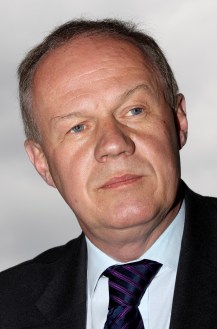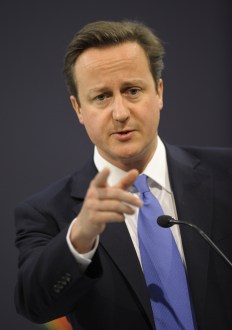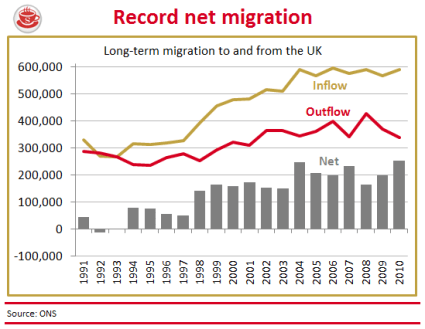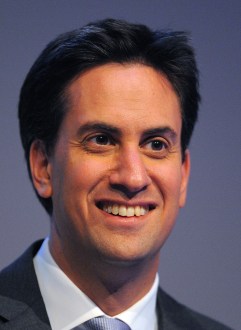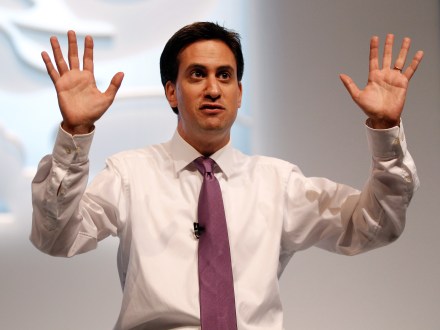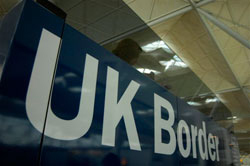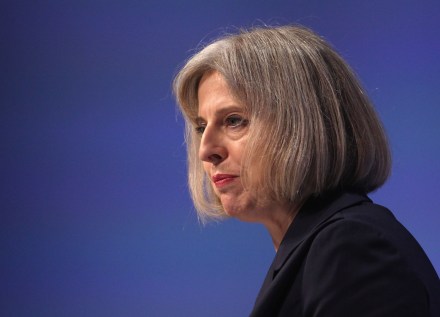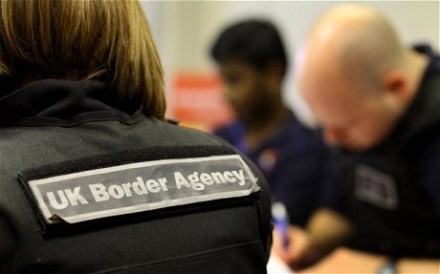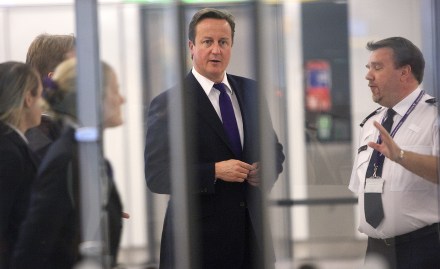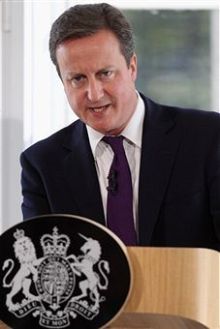Immigration to fall in 2012 — but still not on track to hit the Tory target
Immigration will remain at the heart of political debate in 2012. Economic downturns tend to heighten concerns about migrants competing for jobs and depressing wages, and spending cuts tend to sharpen resentment over migrants claiming benefits or adding to pressure on public services. The latest e-petition to garner a hundred thousand signatures will get its reward of a day in parliament, debating the effects of immigration on Britain’s growing population. And while Labour and the Liberal Democrats might be reluctant to talk about immigration, the Tory leadership clearly see it as useful in handling those on the right who are unhappy with life in coalition — commentators as well as
